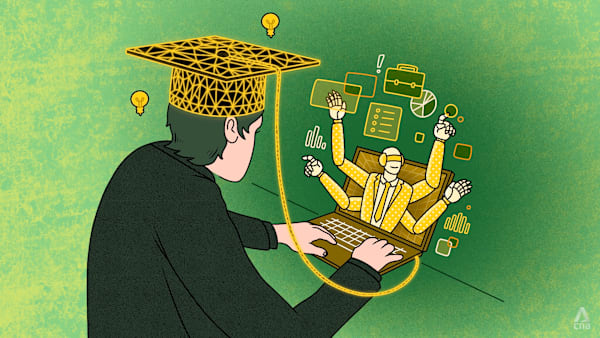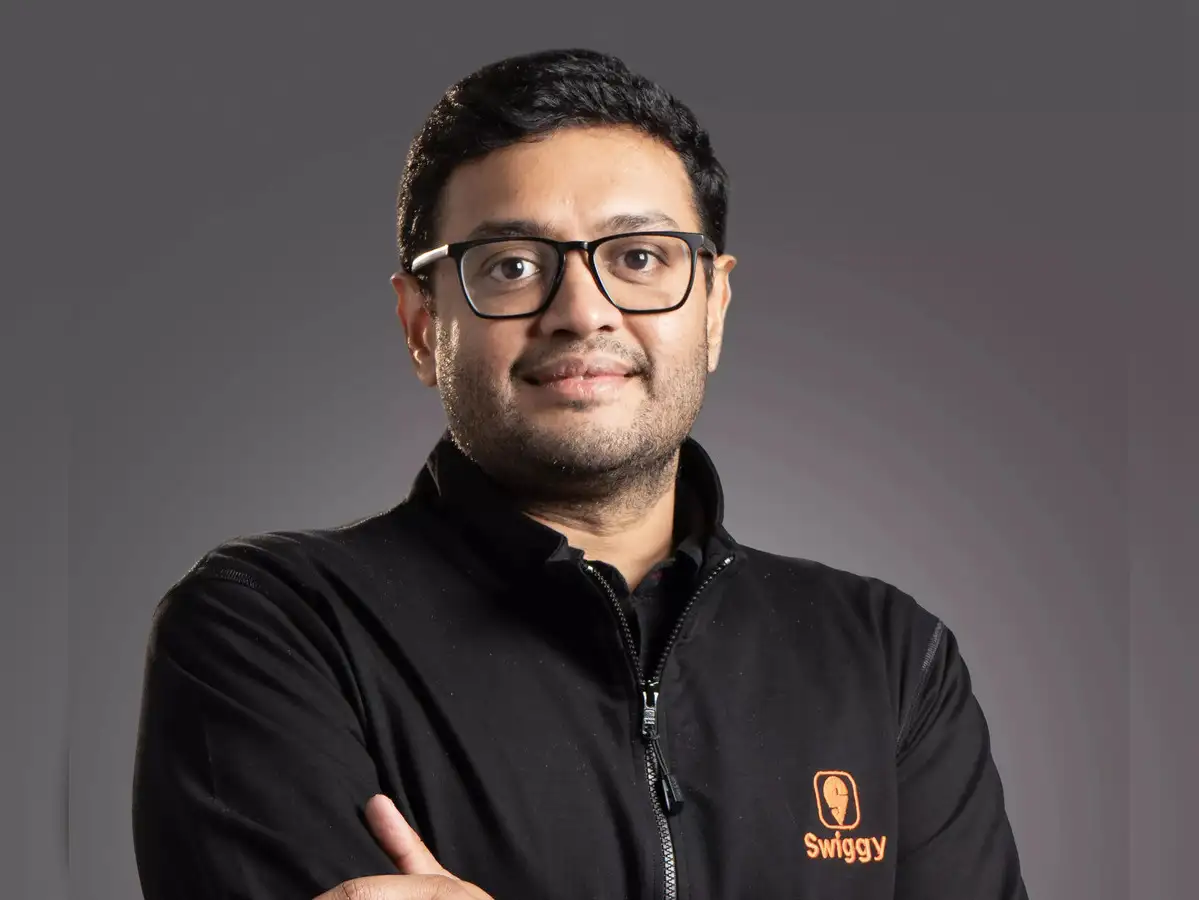Copyright channelnewsasia

According to data from Jobstreet by Seek, the number of entry-level postings in Singapore fell by more than 25 per cent in the first half of 2025 compared with the same period in 2024, even as total job openings rose slightly, by 4 per cent. The data points to what Jobstreet calls a "recalibration" of the job market. Many entry-level roles are being reshaped as more companies embrace automation to handle routine tasks traditionally assigned to junior team members, said Ms Yuh Yng Chook, director of Asia sales and APAC service at Seek, which owns Jobstreet and Jobsdb. Similarly, human resource (HR) platform Remote surveyed 250 Singapore employers in its Global Workforce Report 2025, and found that four in five had reduced the number of entry-level hires at their companies due to AI. Eighteen per cent of Singapore firms said they had eliminated roles or reduced headcount due to AI, while another 18 per cent had hired or reassigned roles specifically to support AI-related initiatives. Still, some experts stressed that it's not just AI that is driving the decline in recruitment activity. Mr Lewis Garrad, partner and career practice leader for Asia at global consulting firm Mercer, said the slowdown in graduate hiring reflects both technological change and a more cautious business climate. "AI can support and complete certain tasks, but it rarely replaces an entire job," he said, adding that companies are automating routine parts of work while rethinking roles amid slower growth and tighter budgets. Mr Chiew Chun Wee, regional policy and insights lead for Asia Pacific at the Association of Chartered Certified Accountants (ACCA), agreed. "'AI is coming for your jobs' makes for compelling headlines, but the reality is far more nuanced," he said. According to Mr Chiew, most organisations are trying out tools for limited tasks such as drafting written work, transcribing meeting minutes and supporting research – not replacing entire roles. Adoption also varies by size and sector, as smaller firms tend to be nimbler in trying out new apps, while larger ones are developing in-house tools. "The nuance lies in how AI reconfigures work … Automating knowledge work is actually quite hard," Mr Chiew said. "Processes are messy and full of judgment calls. So the future of work won't be about replacing people. It'll be a blend of automation, augmentation and human judgment." That's also why some experts believe that companies cannot afford to stop hiring young people altogether. As Ms Lee put it: "If you stop hiring young people now, you'll be short of mid-levels later. The pipeline will dry up."



